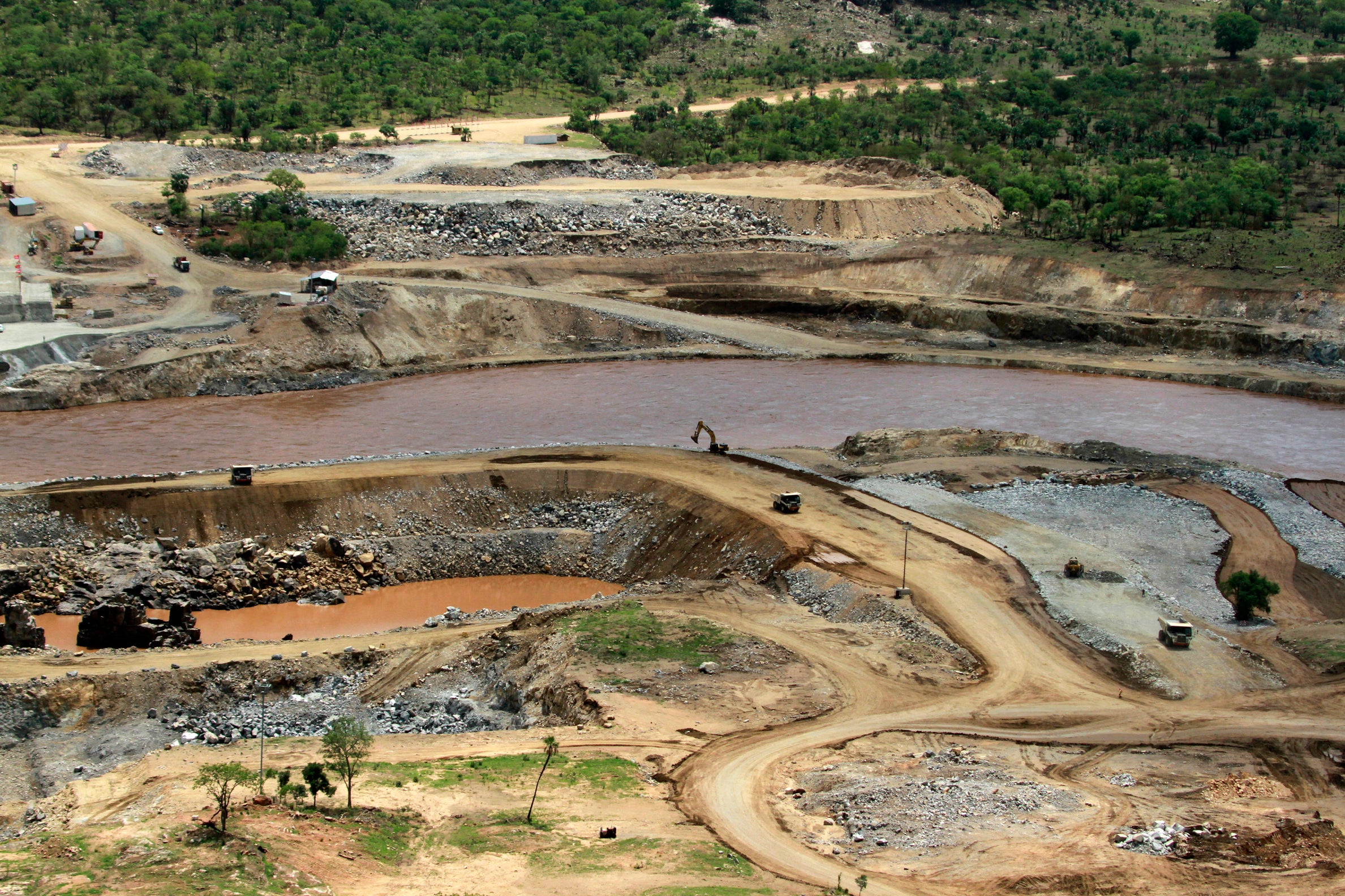Sudan boycotts faltering talks over Ethiopia’s mega-dam
Sudan has boycotted talks for the first time between Nile Valley countries over Ethiopia’s controversial mega-dam, calling on the African Union to play a greater role in pushing forward the negotiations that have stalled for years

Your support helps us to tell the story
From reproductive rights to climate change to Big Tech, The Independent is on the ground when the story is developing. Whether it's investigating the financials of Elon Musk's pro-Trump PAC or producing our latest documentary, 'The A Word', which shines a light on the American women fighting for reproductive rights, we know how important it is to parse out the facts from the messaging.
At such a critical moment in US history, we need reporters on the ground. Your donation allows us to keep sending journalists to speak to both sides of the story.
The Independent is trusted by Americans across the entire political spectrum. And unlike many other quality news outlets, we choose not to lock Americans out of our reporting and analysis with paywalls. We believe quality journalism should be available to everyone, paid for by those who can afford it.
Your support makes all the difference.Sudan boycotted talks on Saturday between Nile Valley countries over Ethiopia s controversial mega-dam, calling on the African Union to play a greater role in pushing forward the negotiations that have stalled for years.
It was the first time that Sudan refused to attend talks with Ethiopia and its northern neighbor Egypt which has expressed for years its fears that the Ethiopian Grand Renaissance dam on the Blue Nile will dramatically threaten water supplies downstream.
Sudanese Irrigation Minister Yasser Abbas said in a statement that the current approach to reaching a tripartite agreement on the filling and operation of the Ethiopia's dam had not yielded results, and the AU should do more to “facilitate the negotiation and bridge the gab between the three parties.”
Sudan's boycott, however, could derail the complicated talks, which the AU has already taken the lead role in supporting.
On Tuesday, the foreign and irrigation ministers of the three Nile Valley countries met online, two weeks after they failed to agree on a new framework for negotiations.
There were no immediate comments from South Africa, which heads the African Union, Egypt or Ethiopia to Saturday’s move by Sudan. It was not clear when they would restart negotiations.
Africa’s largest hydroelectric dam has caused severe tensions with Egypt, which has called it an existential threat and worries that it will reduce the country’s share of Nile waters.
Ethiopia says the $4.6 billion dam will be an engine of development that will pull millions of people out of poverty. Sudan, in the middle, worries about the effects on its own dams, though it stands to benefit from access to cheap electricity.
Key questions remain about how much water Ethiopia will release downstream if a multi-year drought occurs and how the three countries will resolve any future disputes. Ethiopia has rejected binding arbitration at the final stage of the project.
As well as tension with its Nile Valley neighbors, Ethiopia was plunged earlier this month into a deadly internal conflict when its federal government launched a military attack on the northern Tigray region's administration.
The conflict threatens to pull in Ethiopia’s neighbors, which include Sudan, Somalia and Eritrea, whose capital came under rocket attack from the Tigray forces over the weekend. The fighting has sent over 35,500 Ethiopian refugees into Sudan.
Ethiopia rejected a U.S.-crafted draft deal over its dam in February and went on with the first stage of filling of the dam’s massive reservoir, leading Washington to suspend millions of dollars in aid to Addis Ababa.